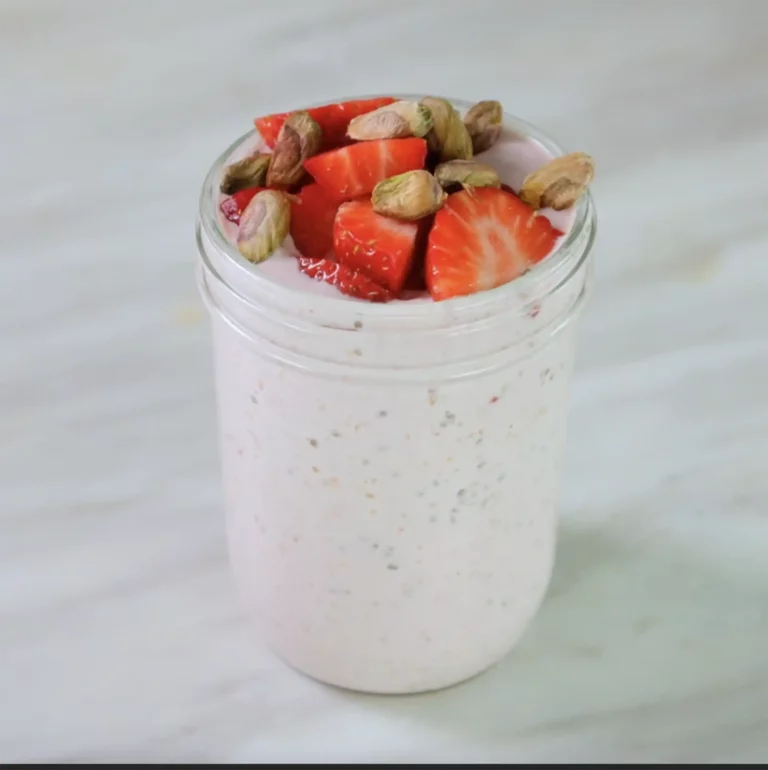If you’ve been trying to lose weight, chances are you’ve heard of intermittent fasting. From the 16:8 method to the 5:2 approach, fasting has become one of the most popular diet trends today. But how does it compare to a more traditional approach — simply eating fewer calories each day?
As a registered dietitian with over 20 years of experience, I’ve coached hundreds of people through both strategies. And while both can work, the key question is: which one truly supports long-term, sustainable results? Let’s break it down.
What Is Intermittent Fasting?
Intermittent fasting (IF) focuses on when you eat, rather than what you eat. Popular methods include:
- 16:8 fasting — fast for 16 hours, eat within an 8-hour window.
- 5:2 fasting — eat normally for five days, then eat very little (about 500–600 calories) on two non-consecutive days.
Some people find fasting easier to follow because it reduces decision-making and naturally limits the number of times they eat.
What Is Calorie Restriction?
Calorie restriction (CR) means consistently eating fewer calories than you burn — but without extreme deprivation. In my practice, I typically recommend about a 500–700 calorie deficit per day, tailored to each person’s starting weight and needs. This approach produces steady weight loss while still fueling the body for daily activities.
How Do They Work?
Both IF and CR are effective because they create a calorie deficit — the foundation of weight loss. Intermittent fasting doesn’t have a magical fat-burning switch; it simply helps some people eat less by narrowing the eating window.
Calorie restriction, on the other hand, emphasizes portion sizes, food balance, and consistency. It gives you the flexibility to enjoy meals throughout the day while staying in a deficit.
Beyond Weight Loss: The Health Benefits
Intermittent fasting has been shown to provide benefits such as:
- Improved insulin sensitivity
- Reduced inflammation
- Enhanced cellular repair processes (like autophagy)
Now, it’s true that intermittent fasting has been shown to improve insulin sensitivity and reduce inflammation. But here’s something important — when you lose weight through calorie restriction, you also see those exact same benefits.
Numerous studies confirm that modest weight loss (5–10% of body weight) improves blood pressure, cholesterol, glucose levels, insulin sensitivity, and reduces inflammation — regardless of whether it’s achieved through fasting or daily calorie reduction.
In other words, the benefits come from the weight loss itself, not just the method.
What Does the Research Say?
A systematic review and meta-analysis of randomized clinical trials found that intermittent fasting and calorie restriction were on par for weight loss — both producing similar results, and both more effective than not restricting at all.
This means the choice between IF and CR really comes down to personal preference and which approach you can sustain.
Lifestyle Learning & Long-Term Maintenance
On the other hand, this is where calorie restriction really shines in my experience. And this is exactly how I do it in my practice. My clients not only lose weight, but many of them have kept it off for more than two years after working with me — because they’ve learned the skills to make this a lifestyle, not just a temporary diet.
With calorie restriction, you’re not just losing weight — you’re learning how to eat.
- How to manage portions
- How to balance protein, carbs, and fiber
- How to fuel your day without overeating
- How to manage hunger while still enjoying favorite foods
These are the tools that allow people to maintain weight loss for years to come. In fact, the CALERIE trial, funded by the National Institute on Aging, showed that adults following moderate calorie restriction sustained about a 10% weight loss over two years, with significant improvements in blood pressure, cholesterol, and insulin sensitivity.
My Professional Approach
Now let me be clear — I am not against intermittent fasting. In fact, I sometimes use it with my clients. When someone hits a plateau — the scale won’t move, metabolism slows — I may recommend a week or two of intermittent fasting to shake things up. But then we return to calorie restriction. Because in the end, that’s where the sustainable success comes from.
The Bottom Line
So which is better: intermittent fasting or calorie restriction?
The answer: both can work. The real winner is the approach you can stick with. For most people, calorie restriction provides the flexibility, habit-building, and sustainability needed not just to lose the weight — but to keep it off.
If you’re ready for a science-backed, personalized plan that goes beyond dieting and helps you build lasting habits, I invite you to schedule a free 20-minute discovery call with me. Together, we’ll find the approach that works for you.
Because diets don’t work. Lifestyles do.





